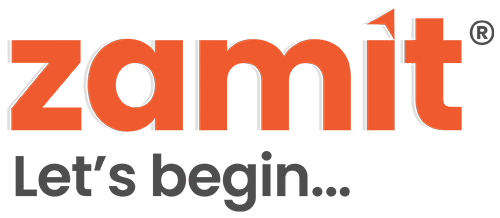Being mentored is an enriching experience for all students, however, when it comes to differently-abled students, good mentorship can mean… read more
Sustainability: How Eco Explorers are Saving the Planet
Discover the inspiring stories of eco explorers who are making a difference for our planet’s future. Join the sustainability revolution! … read more
5 Creative Teaching Methods to Inspire Young Minds
Education is a powerful tool that has the potential to shape the future of our society. As educators, it is… read more
From Allowance to Investments: A Financial Journey
As you become more independent and start managing your allowances and savings, it’s essential to develop good financial habits early… read more
The Art of Building Strong Rapport with Students
Teachers play a crucial role in shaping the lives of their students, not only academically but also emotionally and socially.… read more
The Power Hour: Efficient Study Time Management
As a student, managing your study time efficiently is key to ensuring academic success. With the increasing complexity of subjects… read more
Nurturing Belief: Unleash the Potential of Your Students
Welcome, educators! Today, we dive into the captivating world of fostering belief in students – a critically important aspect of… read more
Building Bridges with Words: Communication Skills
Welcome, young learners! Today, we start on an exciting journey to discover the power of words and build bridges through… read more
Thawing Out: Engaging Post-Vacation Icebreakers to Bring to Your Classroom!
Welcome back, fellow educators! It’s that time of the year when the school bells chime, signaling the end of those… read more
How to Become a Master Planner!
Do you often find yourself flooded with deadlines and struggling to manage your time effectively? In this article, we will… read more











